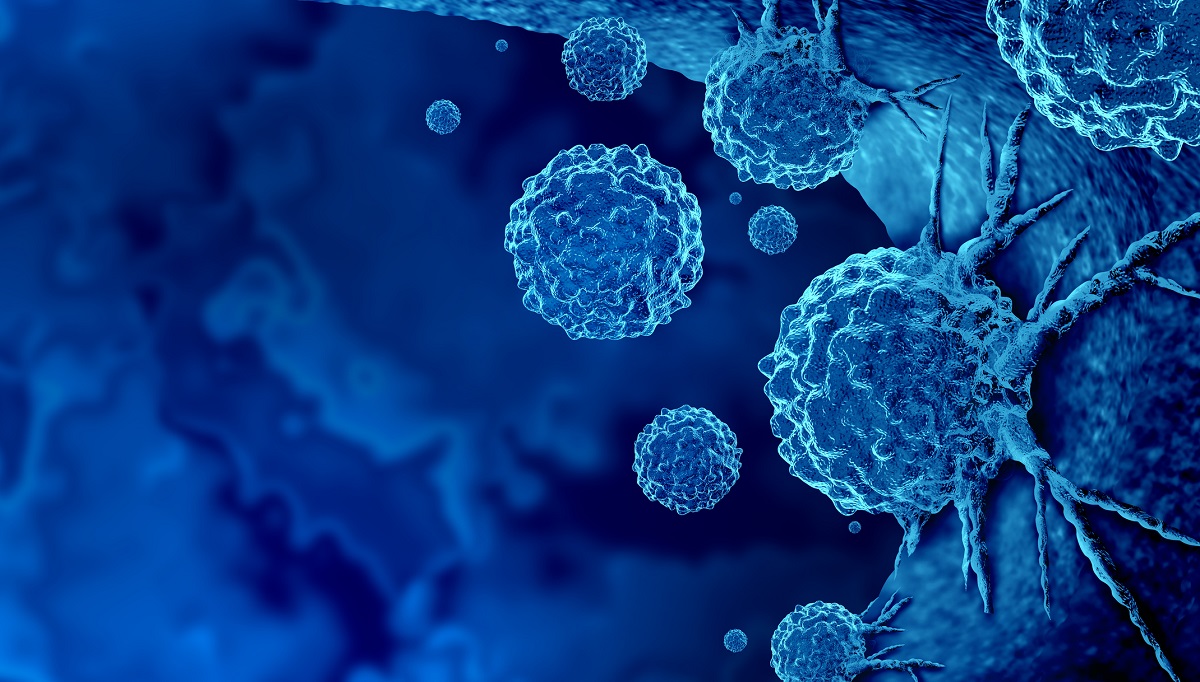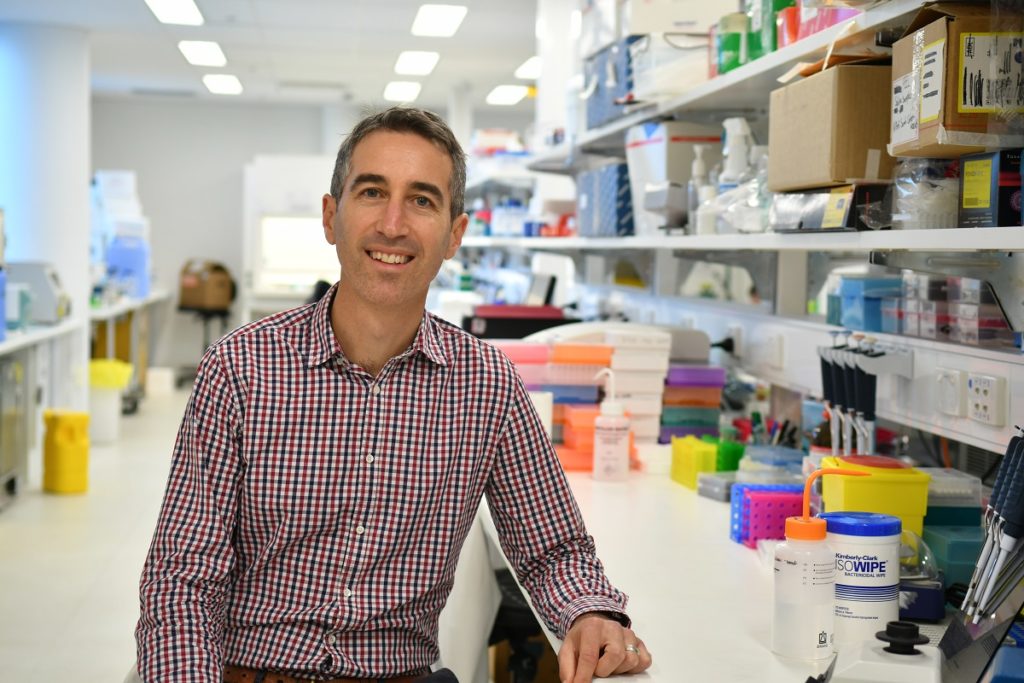
Research by an international team that includes Associate Professor Luke Selth, from the College of Medicine and Public Health and Flinders Health and Medical Research Institute, has found prostate cancer epithelial cells can transition to a different cell type after hormonal therapies.
Prostate tumours are made up of epithelial cells, which are a type of cell that line the surfaces of your body, such as on your skin, blood vessels and organs.
The study determined how neuroendocrine prostate tumours developed and also identified a therapy that can be used to revert them back to an epithelial state, which is much less aggressive.
These findings are important because neuroendocrine prostate tumours are very aggressive and resistant to hormonal therapies and patients with this type of cancer have extremely poor outcomes.

The research, published in the major journal Nature Cell Biology, was a global collaboration led by the University of British Columbia and Vancouver Prostate Centre, with contributors from Harvard Medical School, the Netherlands Cancer Institute, University of Toronto, University of California San Francisco, the Mayo Clinic, the University of Adelaide and Flinders University.
“I have a long-standing collaboration with the main Canadian team and made important contributions to the study in relation to generating and interpreting genomics data,” says Professor Selth.
“This publication is a great example of team science.”

